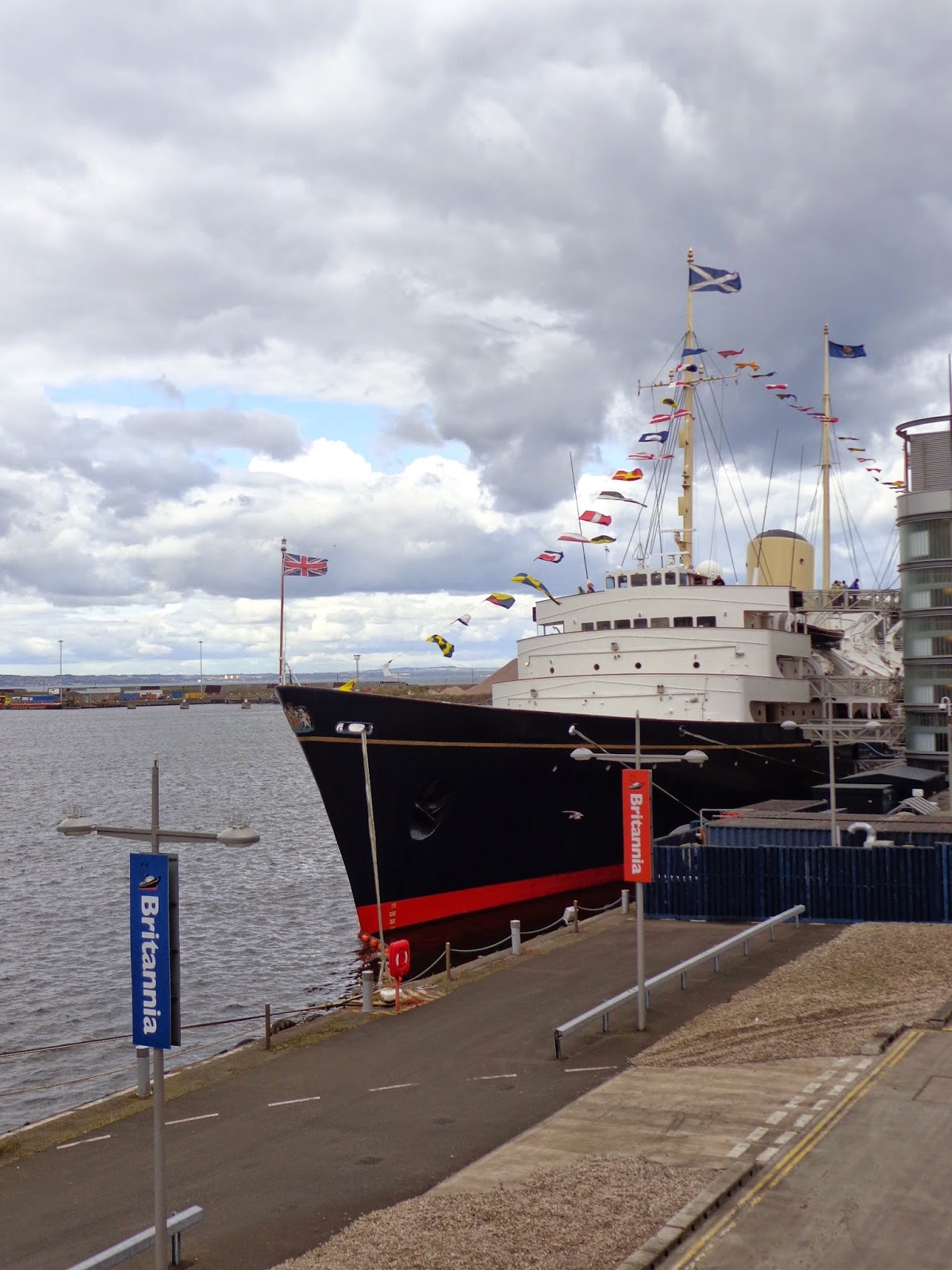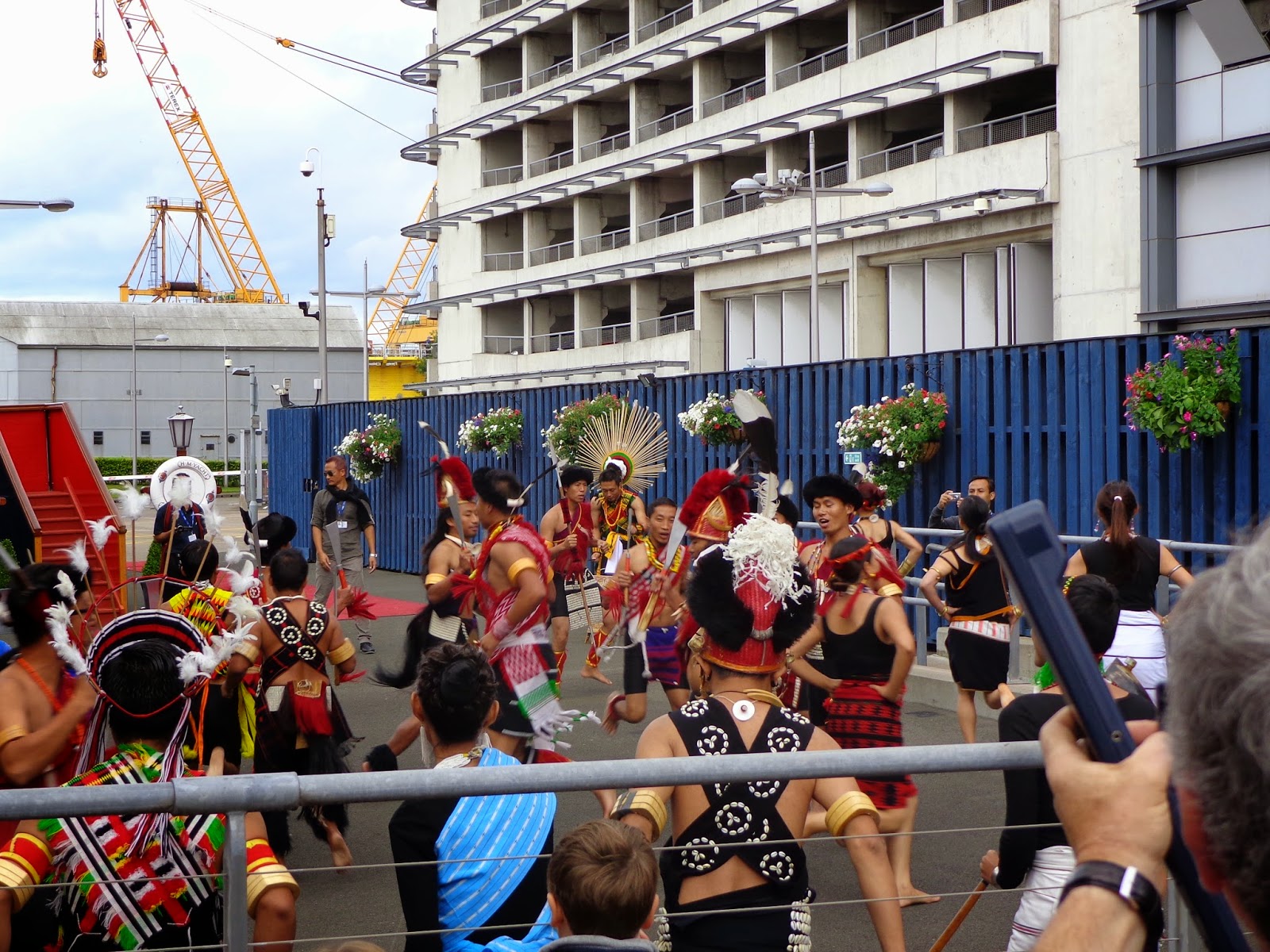I am in Edinburgh in
Scotland, on holiday visiting family and doing touristy things. But in the last week or so I have read
three “theological” books. One of
my facebook friends said, “Work, work, work! You have to relax young fella!” I have had a cold/flu thingy so have
backed off too much physical exercise. Two of these volumes I purchased in Edinburgh at a bookshop
under St John’s church on Princes Street.
They were “Eternal Life: A new vision” by John Shelby Spong and
“Speaking Christian: Recovering the lost meaning of Christian Words.” by Marcus
Borg. It may seem strange buying
books overseas, but it is hard to find a Christian bookshop anywhere that
stock these progressive thinkers, and books in NZ are expensive. The third book is another by Spong “A
new Christianity for a new World.” I bought this for $2 at a market on Waiheke Island
with the intention of reading it on the plane over here. I have read it before.
The “Eternal Life” one has also got “Beyond
Religion, beyond Theism, beyond Heaven and Hell.” in its title. Spong delves back into the beginning of
time and life on earth. Gradually, he says, animals emerged and then the
beginnings of human life. We, humans, became self-conscious beings, aware of
past, present and future. Other animals live in the present blissfully unaware
of death and themselves. This self-awareness creates anxiety and religion and a
theistic God, a supernatural being, who intervenes or is the explanation behind
the mysteries of life was created to cope with this anxiety. With all of the increased knowledge
about life, to the modern thinking person this supernatural being is no longer
real or tenable. He goes on to express his understanding of a non-theistic God.
He assures us that “God is a presence that I can never define but I could never
deny.” He talks about his God experience and goes on to relate this to eternal
life.
In his "A new Christianity" book he
basically starts out the same way expressing the fact that religion, with its
supernatural theistic God, is a refuge for the anxious. That it has lost
credibility and we are to move on, grow up to this non-theistic experience of
God, or the sacred in life. He points out that as Jesus was fully human, fully
alive and loving, his life shows us the nature of this God. He outlines the basic thrust of the
“Ecclesia” of the future.
Marcus Borg takes
Christian words (like – God, trinity, heaven, born again, believe, etc.) and
with his Biblical scholarship and progressive understanding gives clear,
contextual and relevant meanings for these. I have sometimes loaned or given some of Marcus Borg’s
earlier books to people to introduce them to his insights, but often the new concepts and detail of the scholarship has scared the average reader. As I read this I
thought that this one may be a better, more accessible introductory book for
people… it is readable and not too heavy.
I love his emphasis on moving our interpretation of the faith out of
“the heaven-and-hell framework.”
Two disturbing
issues….
To retain and redefine or to dump?
I recall having this
discussion years ago with a thoughtful elder. He believed words like
“Redemption” “Sanctification” “Justification” etc are precious to the Christian
faith and ought to be used in worship, but that we needed to educate modern
people about them. I argued that they were words from the writer’s cultural
experience and we must use different ones today. If we want people to grasp the nature of the God experience,
we are asking too much of them to be educated first. We ought to use familiar
words, experiences and concepts to open them up to deeper realities. I found
the same frustration with Spong and Borg to some extent. I love their thinking
and insights. But when it comes to expressing these things in a worship
setting, both seem to be ready to use old language and concepts understood
“Poetically”. Both for instance
would retain the use of ancient creeds, though theologically they are far
removed from them. But they say, people can use them “poetically” – they
express “mystery”. I say we have to make new poetry and express mystery in new
ways. The creeds have too much of
a distorting emphasis about what being a follower of Jesus is. Dump them! Some of the words and concepts Borg
explains, I would dump. They carry too much baggage.
Second issue..
Spong in both of his
books essentially wiped the traditional church theistic religion as being an
invention by humans to cope with the anxiety of self-consciousness. He
suggested that it continues to be a way of controlling people and of keeping
them immature. Now I have just finished forty years of leading Churches. I have
travelled on my own spiritual journey toward concepts of faith, Jesus, God that
are similar to both Borg and Spong, long before I had read both authors. In many ways the road I have travelled has been similar to their journeys. In my
preaching, my worship leadership and teaching I have been pushing the
boundaries gently opening up new concepts of God. Early in my last ministry I recall one of my elders, out of
the blue, raising the question at an Elders’ meeting about our concept of God.
He preferred a “being, a person in the sky type God” and he had, perceptively, noticed
other concepts creeping in. I have been accused of being too “New Age”. But in reality, from my perspective, I
had been far too gentle and not pushing the boundaries enough, just slowly
seeking to change the content of people’s understanding. Having said that for
forty years I have laboured in Churches where “God” was a theistic
interventionist supernatural being “in the sky”. It was the assumed understanding if I mentioned that word. Spong’s
strong dismissal has me asking, “Have I wasted my life?” I don’t think so. The Church as well as individuals is on a spiritual journey through the centuries. I have been in a transition period. Unfortunately I have not really brought
too many people with me toward a progressive understanding of faith. I also tend to think that Spong
overstates his case. People down through the ages have had legitimate God
experiences, similar to his, but they have interpreted and expressed it in
concepts and understandings related to their time. They have not just invented
a “God” to fill the gaps. They have tried to explain their experiences of God
in their way with their worldview. But it has me
wondering – maybe I have wasted my time shoring up “the Church” for too long? I do believe my emphases have enhanced
life and love. My actions have set an example of service and compassion with a
wider impact than the local congregation. At all stages I have tried to be honest with myself and
caring toward others.. Having said
that, I tend to think the Church will never move to the new understandings. The
old has too much baggage, people are too attached, so new communities of “followers
of Jesus” will have to be formed.
I have enjoyed reading these authors again. I have read so many of their writings that I almost know what they are going to say. But when I read them giving expression to their perspectives, it prompts me to keep journeying and thinking and helps me clarify my half baked ideas. I enjoy interacting with and learning from their superior scholarship. ... in my dreams I would have on my bucket list an hour spent chatting with Marcus Borg, another hour with John Spong and another hour with John Dominic Crossan... oh and throw in Bishop Desmond Tutu as well. ... I would loved to have chatted with Mother Teresa, Albert Schweitzer, Nelson Mandela and Gandhi... that is where books are so good... I can read and interact with these greats.

































